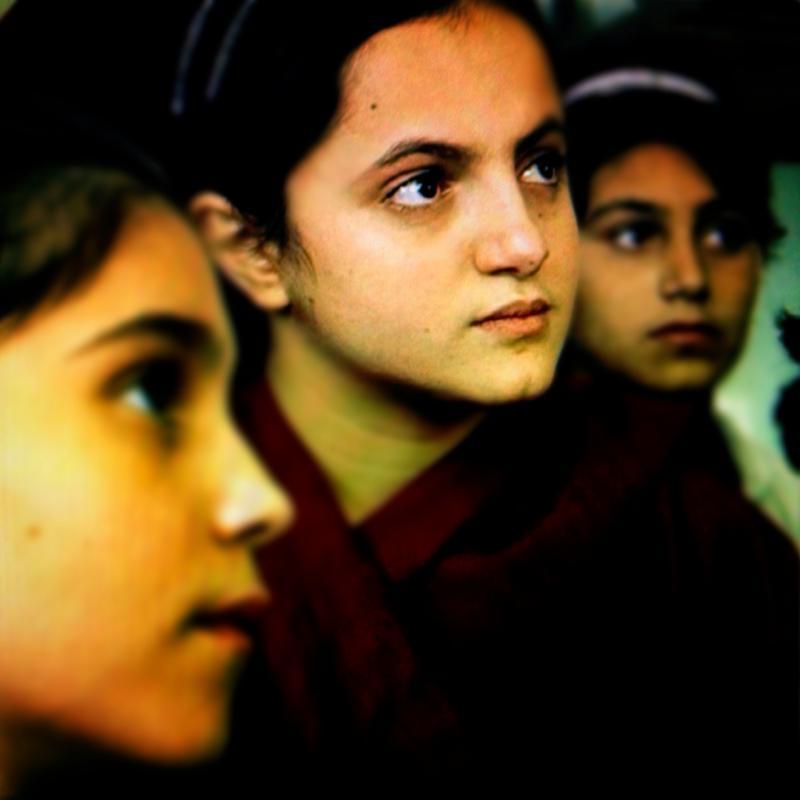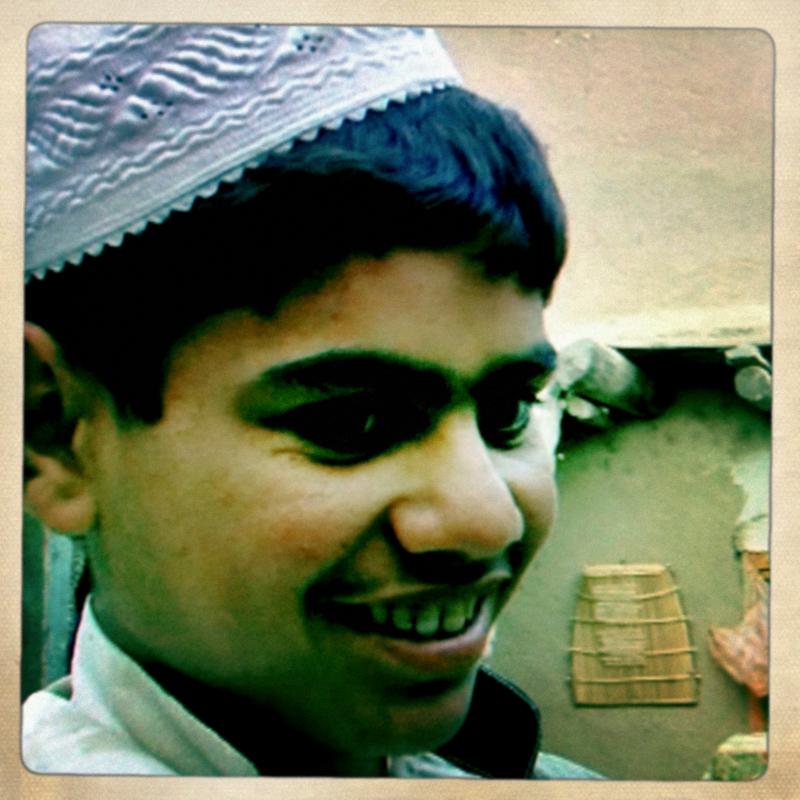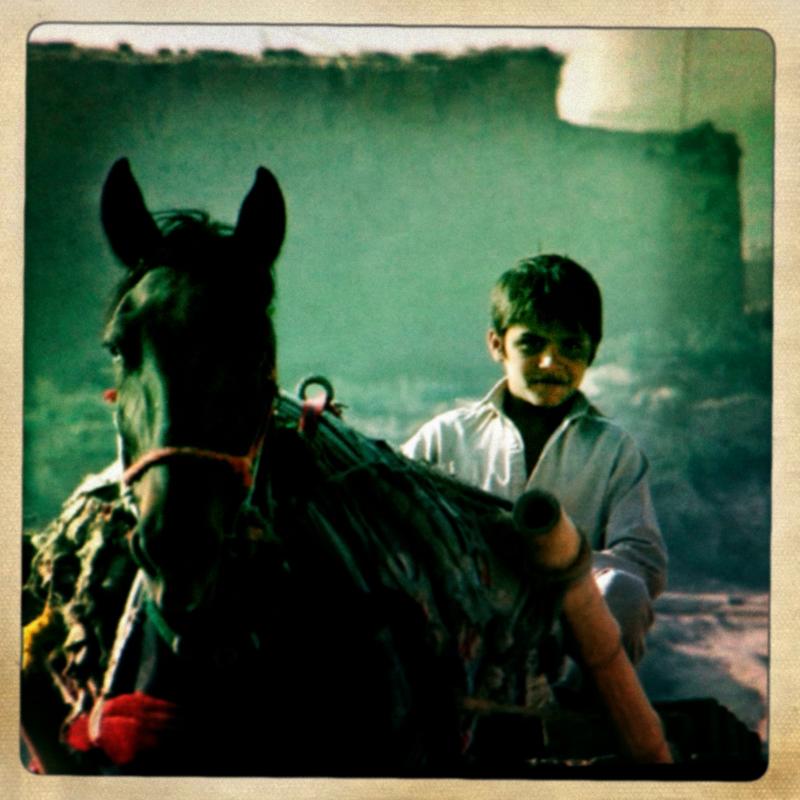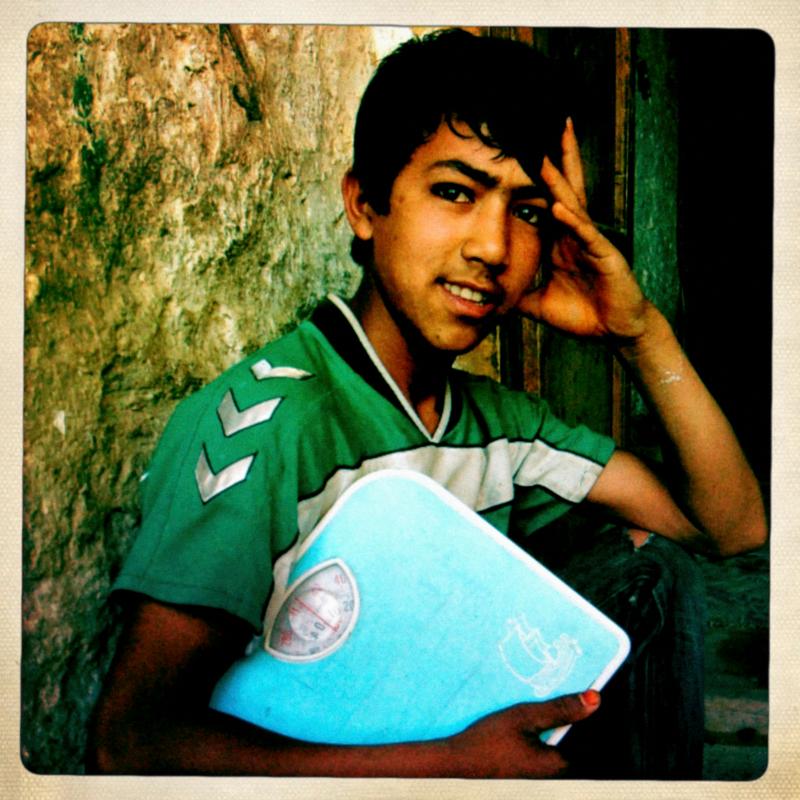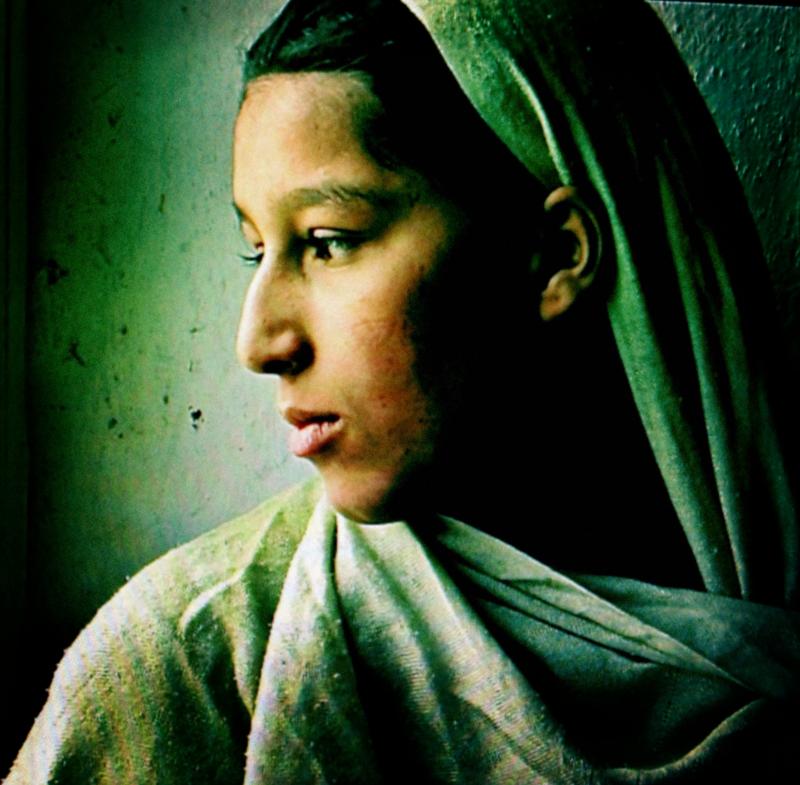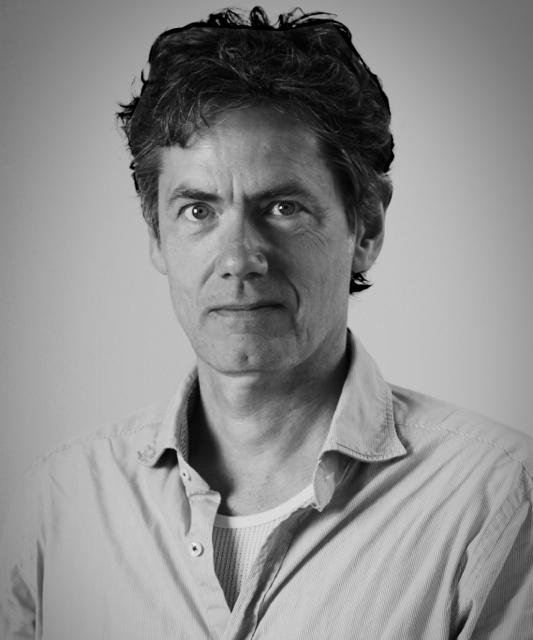First came "Armadillo", Janus Metz' award-winning documentary about the war in Afghanistan seen from the perspective of a squad of Danish soldiers. Then civilians had a say in Nagieb Khaja's "My Afghanistan", which had ordinary Afghans filming everyday life behind the frontlines on their mobile phones. A nation at war in Afghanistan, Denmark has certainly had its share of filmmakers examining the human costs at close range.
"The stories should focus on the children's ability to make a place for themselves in the world by taking charge and refusing to play the obvious victim role." – Jens Pedersen
Now, the filmmaker Jens Pedersen is bringing us "Faith Hope Afghanistan", a series of portraits of Afghan children and the ups and downs of life in the shadow of war. Five stories about children in Kabul confronting the vicissitudes of life with a resourcefulness that almost took the filmmaker's breath away when he first came to Afghanistan with the intention of making a TV documentary.
"We have this notion that children like these are on the bottom of the bottom. I thought children who have witnessed war and tragedy at first hand had to be downtrodden and raggedy," Pedersen says.
Insisting on a Better Life
The filmmaker's preconceived notions were quickly put to shame when he visited a school for street children in Kabul and found a group of competent, focused kids with a surprising abundance of spirit considering what they had been through.
"They were so pleasant to be with and, despite their own situation, they asked me how I was. They really had their sensitivity turned outward and weren't at all, as you might expect, consumed with their own fate," Pedersen says.
Pedersen's meeting with the street children resulted in five short films that all have a name in the title: "Asadagha's Heart", "Faridullah's Day Off", "Layla's Melody" (selected for IDFA Kids & Docs), "Wali's Friend", and "Machgan's Will". Together, they paint a picture of a handful of strong-willed children who have lost their parents or have to support their families by, for instance, making bricks or selling chewing gum to drivers in the streets of Kabul. Meanwhile, they all dream of getting an education and believe in the possibility of a better life.
"I wanted to tell the stories of these kids who have wound up in an unfair situation as a product of the international intervention, which Denmark has been a part of for more than 10 years now. But the stories should focus on the children's ability to make a place for themselves in the world by taking charge and refusing to play the obvious victim role."
A Different Picture of Afghanistan
Pedersen directed and shot the films with Afghan filmmaker Taj Mohammad Bakhtari, and the two worked closely with producer Jakob Gottschau and editor Jesper Osmund. For all four of them, "Faith Hope Afghanistan" was their first real production for children, so they turned to experienced hands in children's film. "We learned how important it is to develop a clear story for each protagonist in order for a youthful audience to relate to them," producer Gottschau says.
Pedersen adds: "We got some advice from DFI's film commissioner Dorte Høeg Brask that stuck: 'What's important to the subject is important to the film.' That determined the stories' development."
"I hope we have succeeded in bringing it home to children in every part of the world what day-to-day life is like for kids in a country they mainly hear about as a place where soldiers get killed. The children in these films give you a completely different picture. In their resilience, they hold hope for the country's future."
"The film shows children who have perspective and goals in the face of adversity," Gottschau says. "You might say they are Afghanistan's dandelion children: They find a way, they always push through".
The story about "Layla's Melody" is selected for IDFA Kids & Docs. The series is produced by Jakob Gottschau for Pedersen & Co.

